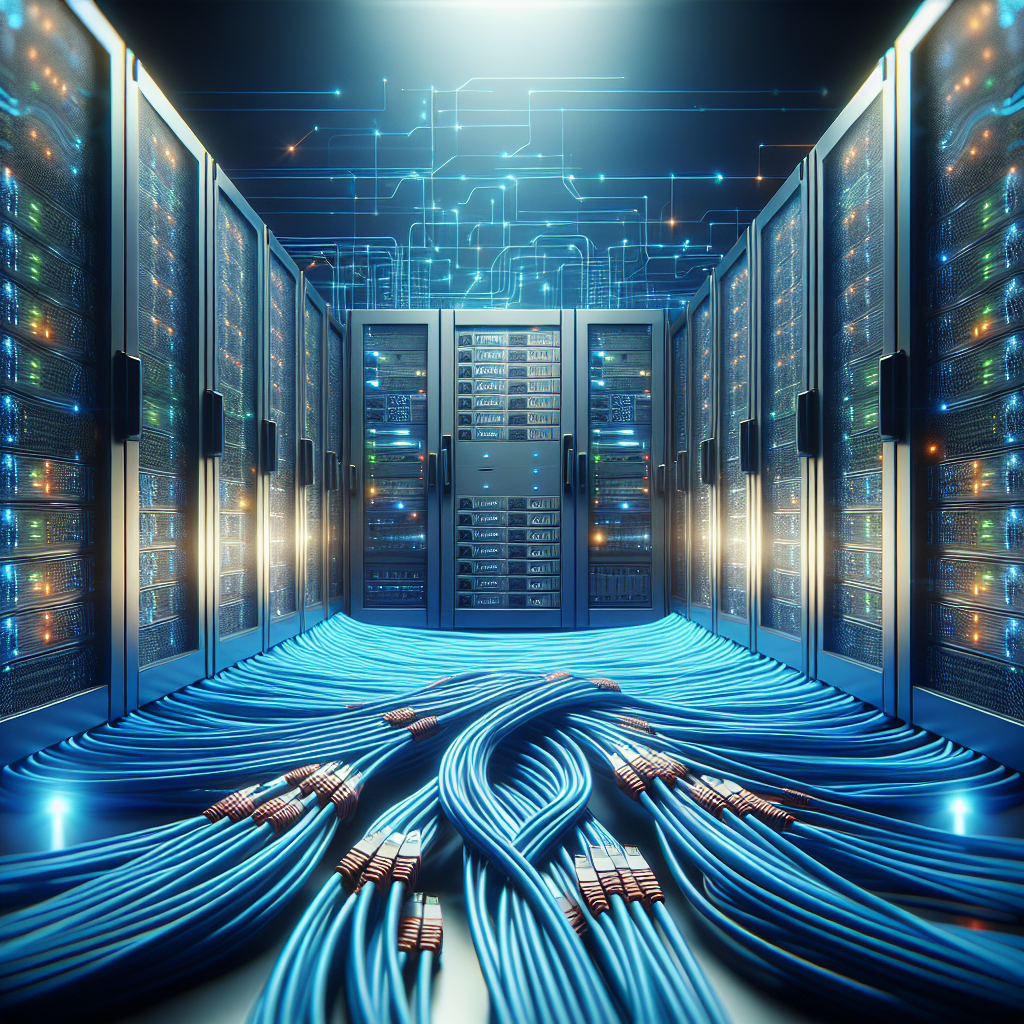As technology advances and businesses rely more on digital information, data centers have become an essential component of operations. With the increasing demand for faster and more efficient data processing, the need for structured cabling in data centers has also grown.
Structured cabling refers to a standardized system of cabling that connects various devices within a data center, such as servers, storage units, and networking equipment. By organizing and managing the cables in a structured manner, data centers can achieve several benefits, including improved performance, scalability, and reliability.
One of the key benefits of structured cabling in data centers is improved performance. By organizing cables in a structured manner, data centers can reduce signal interference and crosstalk, leading to faster and more reliable data transfer speeds. This can help businesses increase productivity and efficiency by ensuring that their systems are running at optimal levels.
Another benefit of structured cabling in data centers is scalability. As businesses grow and their data processing needs increase, structured cabling provides the flexibility to easily add or remove devices without disrupting the entire network. This allows data centers to adapt to changing business requirements and accommodate future growth without the need for extensive rewiring.
In addition to improved performance and scalability, structured cabling also enhances the overall reliability of data centers. By organizing and managing cables in a structured manner, data centers can reduce the risk of cable damage, connection issues, and downtime. This can help businesses minimize the impact of potential disruptions and ensure that their systems are always up and running.
Overall, structured cabling plays a crucial role in the success of data centers by improving performance, scalability, and reliability. By investing in a structured cabling system, businesses can ensure that their data centers are equipped to handle the increasing demands of modern technology and support their operations effectively. Ultimately, structured cabling is a key component in building a robust and efficient data center infrastructure.


Leave a Reply